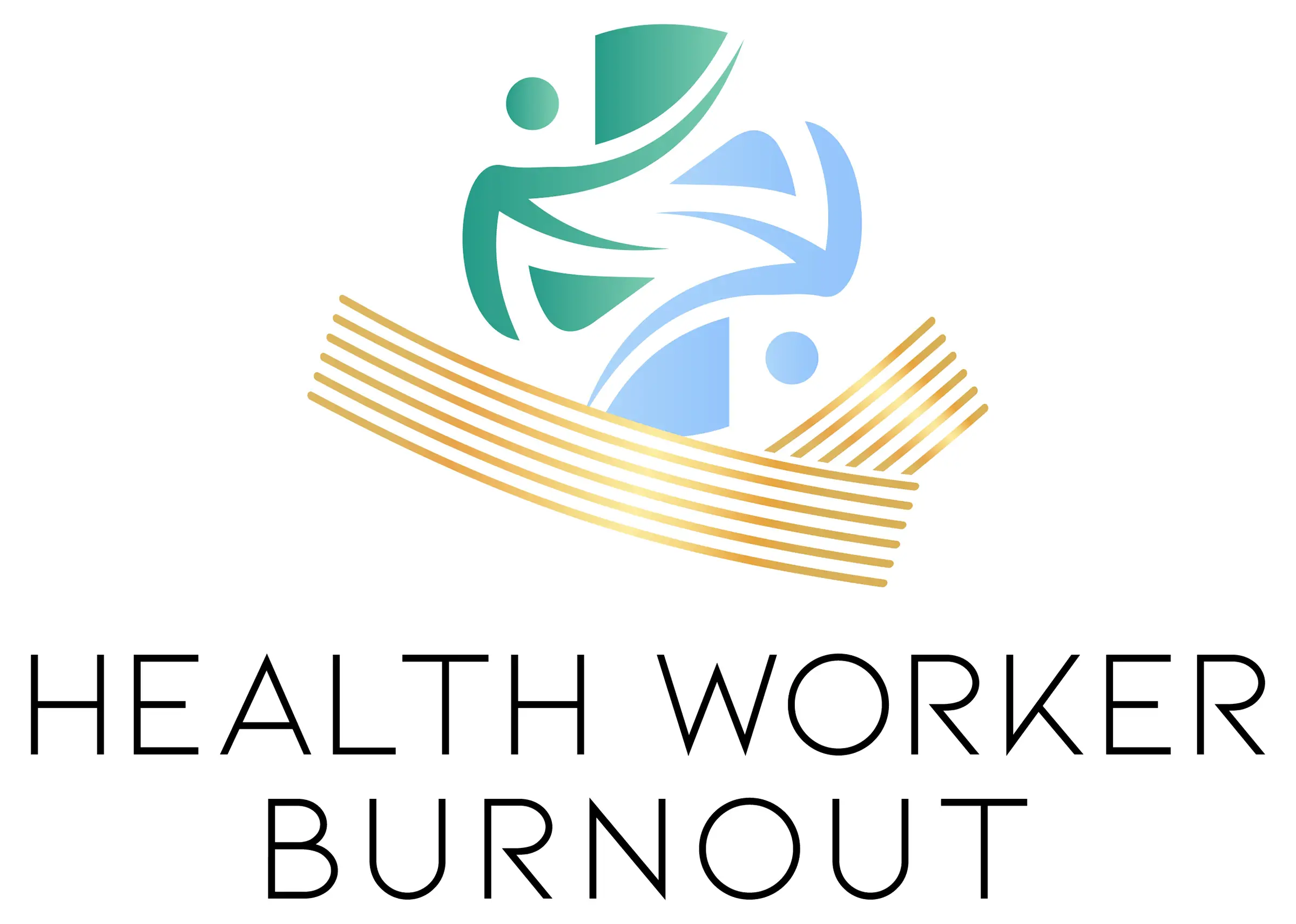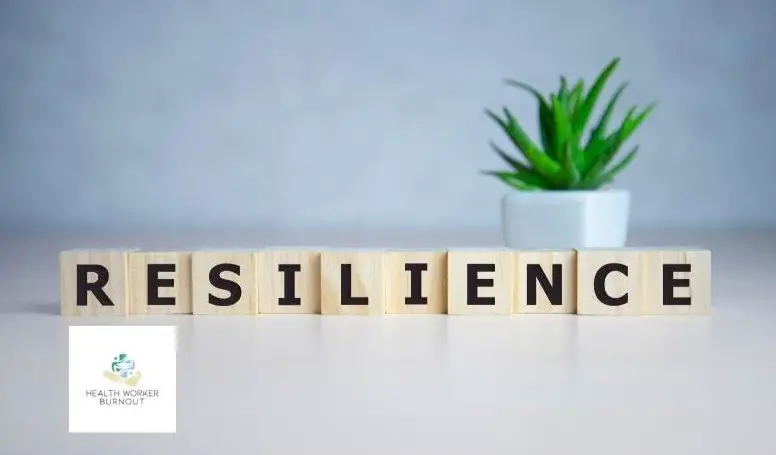The modern workplace is full of stressors and strain. Therefore, today’s employers are keen to get employees who can navigate this tricky environment without succumbing to the intense pressure. Such people exhibit what is known as workplace resilience.
Workplace resilience is one’s ability to respond to the constant pressure and heavy demands of work life. Having resilience means you can deal with a heavy workload, adapt well to constantly changing priorities, and bounce back quickly from setbacks.
Keep it here to learn all you need to know about workplace resilience, including:
- The meaning of workplace resilience
- The importance of workplace resilience
- Benefits of workplace resilience
- Characteristics of resilient employees
- How to develop your resilience
Why Workplace Resilience Is Important
Some people can go through obstacles, challenges, and setbacks at work without much struggle. They thrive through adversity while others get stressed up. Several things can test your resilience at work. These include:
- Navigating office politics
- Managing difficult people
- Organizational complexities and change
- Job uncertainties, including staff cuts
- Stress through overwork or unrealistic demands
- Receiving constant criticism and minimal appreciation for your work
However, despite the difficult circumstances at work, it’s essential to remain resilient. This is because tough times are sure to come, and the only thing you can control in life is yourself. When you are resilient, you adapt easily to a change in the work environment, thus becoming a vital member of your team.
Also, you avoid depression, anxiety, and burnout brought about by a stressful working environment, but that’s not all. A hostile workplace can also lead to physical, emotional and mental exhaustion, detachment, and a feeling of low personal accomplishment.
Here is a short video on workplace resilience to further explain the topic:
https://www.youtube.com/watch?v=uTpY8DGYGtY&ab_channel=HemsleyFraser
It’s important to note here that not all workplace stress is harmful. Good stress could positively impact your health and productivity, motivate you, and help you perform at your best.
Nonetheless, once you move beyond your high-performance peak, stress no longer inspires you. Instead, you experience its adverse effects, which lead to burnout and chronic illnesses over time.
Benefits of Workplace Resilience
Resilience at the workplace results in positive emotional states such as optimism, zest for work, increased energy, curiosity, and openness to new experiences. These positive emotions lead to thoughts and actions, which cause people to think in a certain way.
Positive emotions can expand employee activity, open their minds to various possibilities, and heighten creative workplace solutions. They also act as a buffer against stress in the workplace by helping employees view stressful situations positively.
Lastly, workplace resilience helps improve your physical well-being. As such, you have a greater capacity to do your work and a better place to adapt to difficult events.
Characteristics of Resilient Employees
Success at work does not come about through intelligence, working hard, or taking on extra work. Instead, it’s by managing the challenges you encounter every day. Therefore, resilient employees are flexible, adaptive, skilled at dealing with setbacks, and move on quickly after facing adversity. Also, they:
- Find meaning in their work
- Are more willing to upskill
- Build strong connections with their workmates
- Strive to communicate effectively
- Support other colleagues to succeed
- Build trusting relationships with others
- Are authentic and behave in line with their values
- Manage stress through self-care
- Don’t take work too seriously (they have a sense of humor and laugh at their misfortunes)
Organizations need to provide training programs on resilience since it contributes so much to organization success. On the other hand, a lack of it leads to decreased productivity. Besides, building a culture that promotes and supports resilience training reduces absenteeism, boosts performance, and elevates engagement, making good business sense.
Resilience training could focus on the following areas:
- How to differentiate between regular and chronic stress
- How to identify your emotions and actions during a conflict
- How positive thinking can help you bounce back from overwhelming situations
Can You Develop Resilience in the Workplace?
A survey by Yale University reports that 29% of employees claim they either feel a little stressed or quite stressed at work. Furthermore, most people work in ever-connected, highly demanding, and stressful work cultures. This is very taxing, and the risk of burnout is constant.
Your ability to deal positively with pressure, adversity, and uncertainty depends on your developing appropriate thoughts, actions, and behaviours. This means that certain attitudes and skills can help you to survive and thrive under stressful conditions.
Fortunately, resilience is not restricted to a few lucky individuals. You, too, can learn how to develop or improve your resilience. The thing is, resilience is an active process. It relates to how you approach life’s circumstances or situations and impacts significantly on your experience. Going through difficult challenges is partly responsible for activating resilience as a unique skill set.
Resilient people actively engage in doing things that sustain their responsiveness. Therefore, it’s also possible for you to cultivate habits that can help boost your ability to perform well under pressure. Better yet, you can live a better life despite undergoing trying circumstances, time and time again.
One such trait is hardiness. Hardiness minimizes the adverse effects of stressful events. Thus, if you acquire habits and strategies that can boost hardiness, you will also strengthen and develop your resilience.
How to Develop Your Resilience
Recovering and carrying on after a setback is not easy. That said, you can develop effective strategies to reduce your susceptibility to stress and the impact of workplace adversity on you.
Here are useful tips on how to develop resilience in your career:
- Remain optimistic and reflective.
- Celebrate your wins, no matter how small.
- Use challenges as opportunities to learn new skills.
- Develop and strengthen your emotional insight.
- Be realistic when dealing with painful or challenging work situations.
- Nurture strong relationships with colleagues, friends, and family.
- Build social support by being active and helpful in your community.
- Be compassionate with yourself, take good care of your health, and get periodic breaks.
- Practice meditation or mindfulness to connect more with yourself and restore your sense of purpose.
- When faced with adversity, take positive action to enhance your self-confidence and sense of control.
- Set realistic goals to guide you and give your life a sense of purpose—take daily action to move towards these goals.
- Remember that stress and change are inevitable, so learn positive ways of interpreting and responding to life’s events.
The above actionable ways are mere suggestions. Developing and fostering workplace resilience is a personal journey, so you need to identify ways that resonate with you and work for you.
Still, building resilience requires an attitude of commitment, control, and challenge. To explain this further, employees who are committed to their work also dedicate themselves to their assigned tasks. Their sense of control empowers and propels them towards actions that influence current happenings—those they have control over. Lastly, they take change and stress in their stride.
Final Thoughts
Workplace resilience is essential. We spend most of our waking hours at work, so we need to have the capacity to bounce back when the inevitable work challenges bear down on us. Resilience is a lifelong journey, but you can boost your ability to cope with adversity and learn to thrive and flourish amidst it all.
When trouble gets the better of you, prepare for your comeback and continue pushing towards your goals. Get some support, and be kind to yourself. With time, you’ll learn coping skills that equip you with what you need to survive in the workplace.
Content Disclaimer
The information contained above is provided for information purposes only. The contents of this article are not intended to amount to advice and you should not rely on any of the contents of this article. Professional advice should be obtained before taking or refraining from taking any action as a result of the contents of this article. HealthWorkerBurnout.com disclaims all liability and responsibility arising from any reliance placed on any of the contents of this article.
Copyright Notice
These works are protected by copyright laws and treaties around the world. We grant to you a worldwide, non-exclusive, royalty-free, revocable licence to view these works, to copy and store these works and to print pages of these works for your own personal and non-commercial use. You may not reproduce in any format any part of the works without our prior written consent.
Copyright © 2022 HealthWorkerBurnout.com
Sources
- Barry Winbolt: Resilience at Work: Why It Is Important and How to Develop It
- Debut: 7 Actionable Ways to Build Resilience In the Workplace
- YouTube: Resilience In the Workplace – Short Video
- Positive Psychology: Resilience In the Workplace: How to Be More Resilient at Work
- Forbes: 5 Top Reasons Resilience at Work Matters
- High Speed Training: Resilience In the Workplace| Why Is it Important?
- Workplace Mental Health: Resilience: A Strong Workforce Needs It
- Limeade: Resilience in the Workplace: How to Help Employees Stay Strong
- CDC.gov: Stress…At Work


7 comments
Comments are closed.